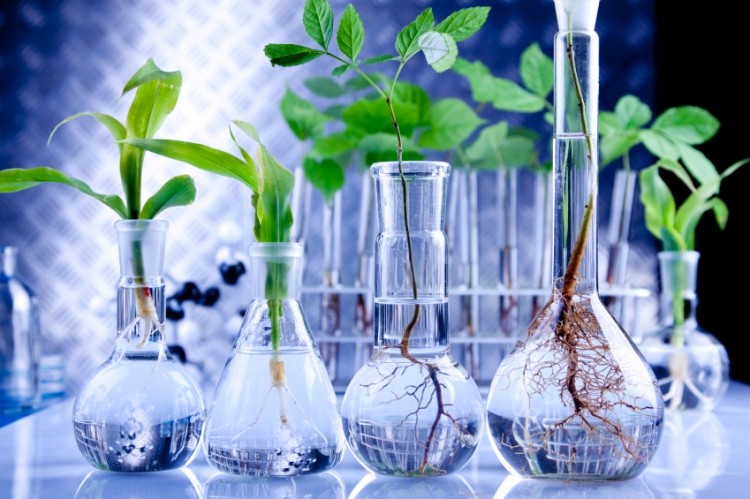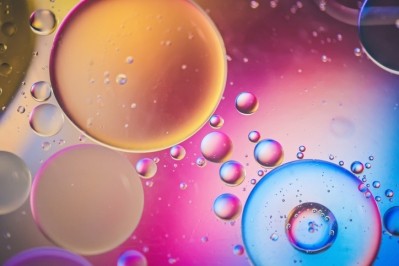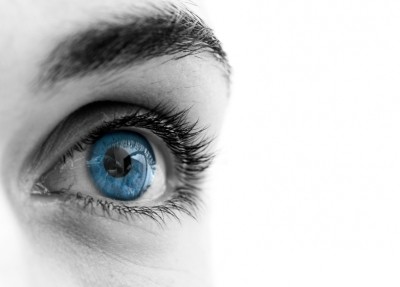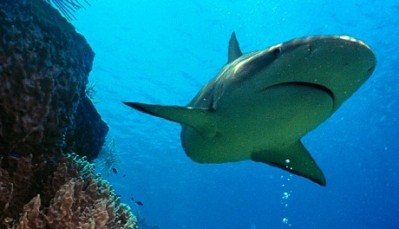Squalane to be worth €141.45m by 2019 as industry invests more in the ingredient

The global consumption of squalene / squalane is expected to be 4,028.0 tons by 2019.
Squalene is shark liver oil that had been used as one of the most common moisturizers in cosmetics before sourcing began endangering the species and a plant based version became viable for products.
Squalane is derived by hydrogenation of squalene. It is naturally present in the skin lipid barrier of plants, animals and humans, preventing moisture loss while restoring skin’s suppleness and flexibility.
The latter is a renewable alternative to shark oil and even the expensive olive oil option for cosmetics.
Market dominated by a few major players
The market is expected to witness a lot of developments in the next five years in the form of collaborations and innovations through R&D activities. Amyris Inc. (U.S.) has been the most active company in the market till 2014.
The segment has a few major players and is regionally segregated. Sophim (France), Amyris (U.S.), Kishimoto Special Liver Oil (Japan), SeaDragon Marine Oils (New Zealand) are a few of the leading players in the squalene market.
The difficulties in raw material availability due to regulations and competition from other industries, minimal governmental support, and western cultural impact have restrained the companies from entering the market.
Do you know what you are getting from your supplier?
The EU took steps to ban targeted deep‐sea shark fisheries back in 2010. However, consumers willing to buy ethical products cannot choose specific plant based squalane ones because differentiation between the substance of origin is not required in labeling requirements.
The main on-going use of animal squalene today is said to be down to financial reasons in that plant squalane like olive oil for example, is 30% more expensive than that of the moisturizing, non‐greasy substance of the deep sea shark liver (8 to 12 euros per kilo), some of which are now in danger of extinction.
In fact experts believe that despite various cosmetic companies investing in more sustainable alternatives, there are still issues with supply in that some specialised producers may be passing off shark squalene as that of the more expensive plant alternative, unbeknownst to large multinationals.
A study carried out by Bloom and investigative journalist Romain Chabrol found that around 90% of world shark liver oil production feeds the needs of the cosmetics industry, which corresponds to 2.7 million deep-sea sharks caught every year.
"Although Western cosmetic corporations have taken a sharp turn in favour of plant-based squalane, the industry is still largely supplied by animal squalene,” says founder of Bloom Association, Claire Nouvian.




















